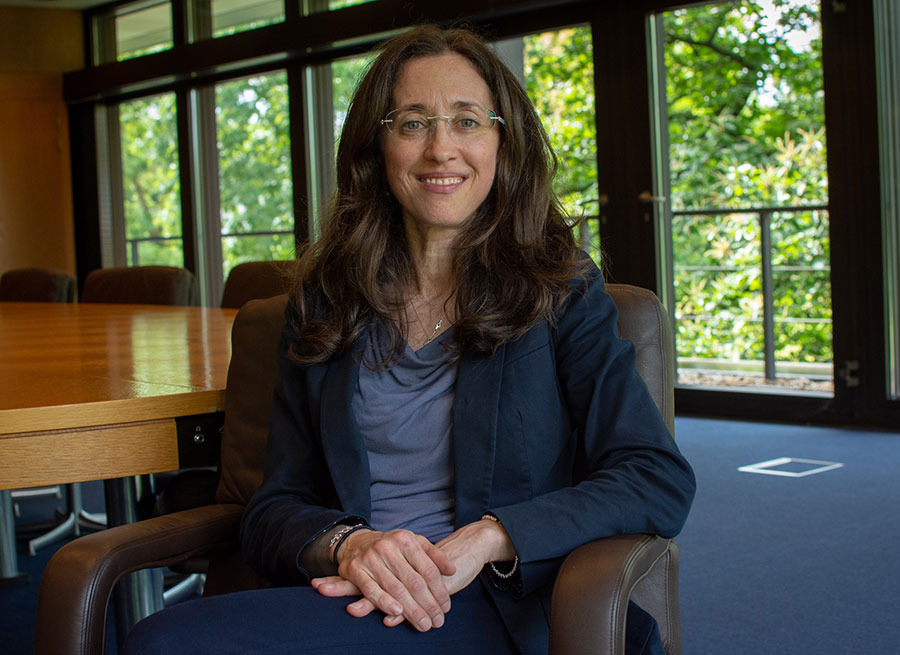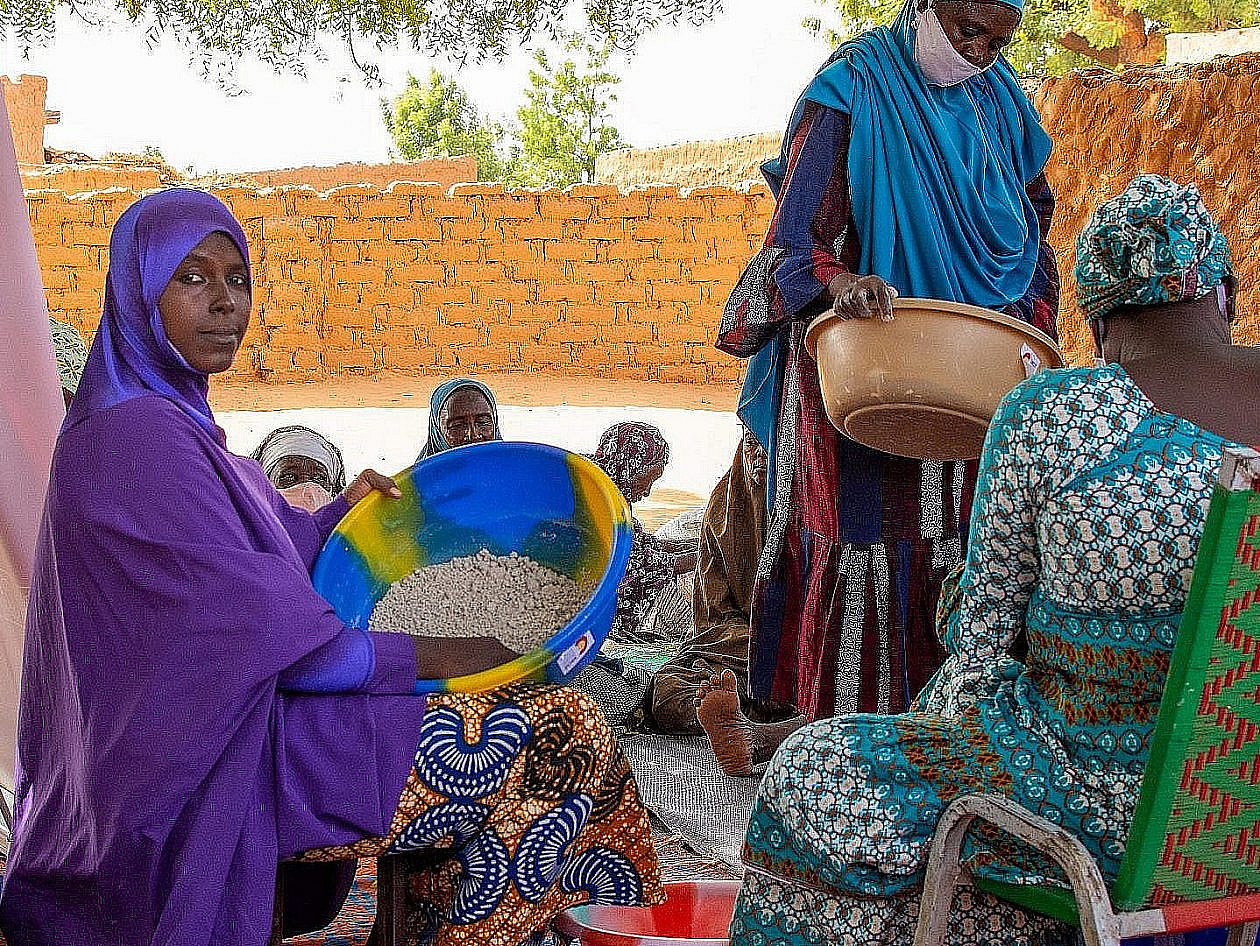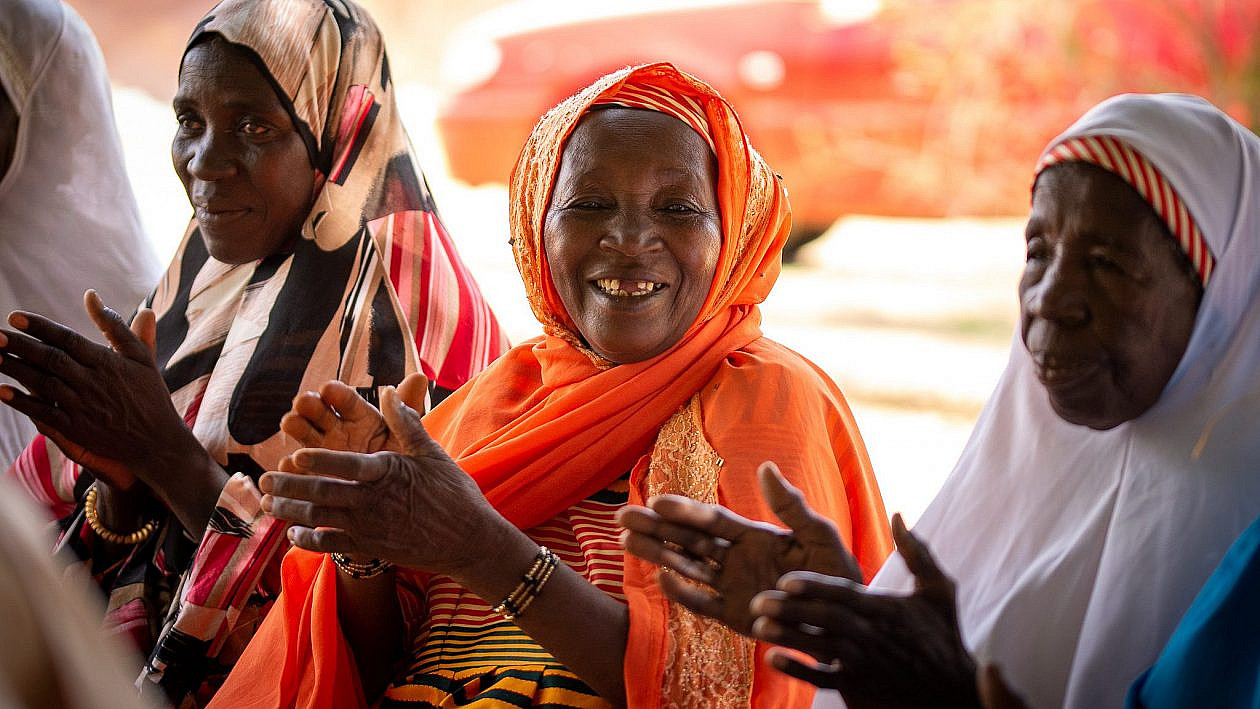“Our membership in the Sahel Alliance is an opportunity to improve the impact of Canada’s international aid”
A long-standing partner of the Sahel countries, Canada joined the Sahel Alliance as a full member at the end of 2021. During the Sahel Alliance’s Operational Steering Committee (OSC), we met with Annalisa Bonardi, Director of Development Assistance Programs for Mali, Niger, Chad, Côte d’Ivoire and Sahel for Global Affairs Canada. This interview highlights Canada’s priorities in the Sahel region, as well as the motivation of Canadian authorities to join the Alliance’s coordination platform.

What are Canada’s current priorities and key actions in the partnership with the Sahel region?
First, I would like to point out that Canada is a long-standing partner of the Sahel countries. We have had successful diplomatic, trade and development assistance relations since the 1960s.
Our priorities in the region are many. First and foremost, we want to support the work of our partners in the Sahelian countries in their efforts to implement programmes and interventions for peace, development, stability and economic growth.
Our interventions are guided by our feminist international assistance policy. We have a portfolio of initiatives in the Sahel that includes over 200 operational projects implemented by experienced and diverse partners in the region. In 2020-2021, international aid to the G5 Sahel country exceeded $300 million (all channels combined).
Canada strives to build initiatives that contribute to the goals identified by the countries we work closely with in the areas of inclusive governance, health, education, women’s capacity building and economic growth.
In terms of flagship actions, we can also mention large-scale multi-country projects, based on the interventions, programmes and objectives identified by our partners in the G5 Sahel countries. We are there to provide additional and often joint funding to achieve the results identified by the Sahel countries.

What prompted Canada to join the Sahel Alliance?
Canada has been an observer member of the Alliance since 2019 and we became a full member in January 2022. This is a mark of confidence in the Alliance’s structures in terms of governance, coordination and advocacy. By supporting the Coordination Unit with an annual membership fee, it is a way to send a clear message that we want to work together and in consultation with all members and partners of the Alliance.
This full membership offers several opportunities for Canada.
It allows us to lend a regional approach to our interventions. We already have regional interventions, but with the Alliance, we can optimise and maximise our bilateral interventions by avoiding overlapping funding and by sharing information effectively with other members and partners.
Our membership also offers an opportunity to improve the impact of Canada’s aid, which is one of the priorities of our feminist international assistance policy. Close coordination with other members and other interventions in the G5 Sahel countries allows us to contribute to this objective.
Finally, by finding synergies with the Sahel Alliance, it allows us to identify other ways to harmonise our involvement with regional structures, institutions and initiatives in which Canada participates as a member. This is a key opportunity for us to find these synergies, to harmonise our participation and to work more strategically. Sharing information will enable us to plan more effectively. By aligning our priorities with those of Alliance members and partners, it will allow our operational and planning interventions to have more impact and optimise our resources as well.
What challenges do you see in joining a coordination platform like the Alliance?
The challenges lie in the coordination of actions, the momentum that we can have as a group of members. It is in the coordination of projects and in the advocacy that we can witness the real commitment of the members. A dialogue has already been established with the Alliance for 4-5 years. There is an opportunity for this to lead to concrete and sustainable actions, i.e. not only in terms of funding (the resources are not always available or may be limited), but also in terms of the mechanisms and operational methods that the Alliance puts forward and which are innovative. So yes, on the one hand there is the challenge of coordinating members and funding, but there is also the opportunity for it to be a means of getting members to coordinate and talk to each other on the ground.
Account given the current situation (insecurity and food crisis), the framework proposed by the Alliance is ideal for working with partners, countries, members of the Sahel Alliance and the G5 Sahel to achieves objectives d’international aid. With the’Sahel Alliance, there is an opportunity for advocacy, to work in coordination to accompany the countries of the Sahel in their objective of developing their populations, and in particularare poorer.

What are the Alliance’s priority themes in which Canada wishes to invest first?
Our interventions are guided by the feminist international assistance policy: the promotion of the rights of girls, adolescents and women, the empowerment of girls, adolescents and women, the promotion of the dignity of the poorest communities, and inclusive governance and economic growth. Education and health are priorities that drive our investments.
With the Sahel Alliance, we have moved towards employability and youth, gender, and resilience and adaptation to the effects of climate change. We are currently reflecting on how to harmonise our interventions and align with the Alliance’s priorities, while clearly keeping in mind Canada’s objectives and priorities in the region, in line with our feminist international assistance policy. We look forward to making use of the information that will be shared through the database to which the Alliance members contribute. This will allow us to see where we can align ourselves, be complementary, have added value, in the spirit of international aid effectiveness. We also want to explore innovative ways of intervening by identifying more flexible modes of action.
As we saw today during the OSC, in the sectors of education, vocational training, curriculum development, employability, basic training – also non-formal – there are opportunities for Canada to find complementary avenues for our programming that is currently in place as well as for the one that we envisage in the future. The coordination groups are opportunities for us and we want to participate actively.
Go further:

